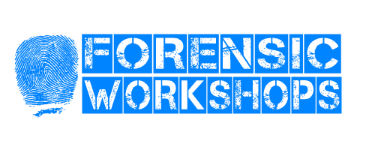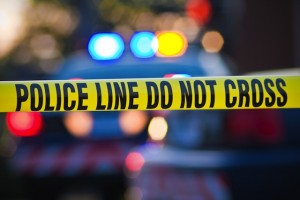Post GCSEs and heading towards A’levels and other Applied science courses, both the age and maturity of the students, allow a much more broader and deeper coverage within the workshops, using ‘real’ cases to illustrate complex and inter-related scientific disciplines.
Here are some examples of what has worked well for this group:
-
A guided tour through a series of posters outlining different evidence types, and how they’re used in ‘live’ cases to aid a police investigation. This knowledge gathering phase of the process provides a good grounding in the core principles and types of evidence typically encountered in a case.
-
The development of a mock crime-scene and scenario that will allow the students to apply the learning from the previous session in a ‘live’ scenario. The mock-scene is typically a murder scene, with a dead-body and various forensic opportunities to identify the perpetrator. This will challenge the most accomplished scientific minds within the group.
-
A full set of structured questions to complete; to evaluate the learning, and establish the identification of the perpetrator, facilitated by a database of forensic results that when pieced together lead towards the nomination of a suspect.
-
A facilitated session with a forensic expert to talk through all aspects of the exercise, fill- in any gaps, answer questions and bring all the strands together.
-
Delivery of presentations specifically to the A’level Chemistry groups on “The identification and analysis of drugs encountered in forensic casework”, and similarly “The application of forensic computer analysis to the investigation of offences involving computers and mobile phones” to the A’level IT group. These are delivered by subject-matter-experts in these fields, and can cover just about any area of forensic science.
The focus for this older group is very much on learning and applying with a focus on relevancy, particularly to the higher-learning science courses. Much more of the ‘gore’ element of forensic science can be included which adds both interest and a degree of realism. Examples from real cases can be used to illustrate the multi-evidence nature of forensic casework.
Use the form below to contact us about your specific requirements:

